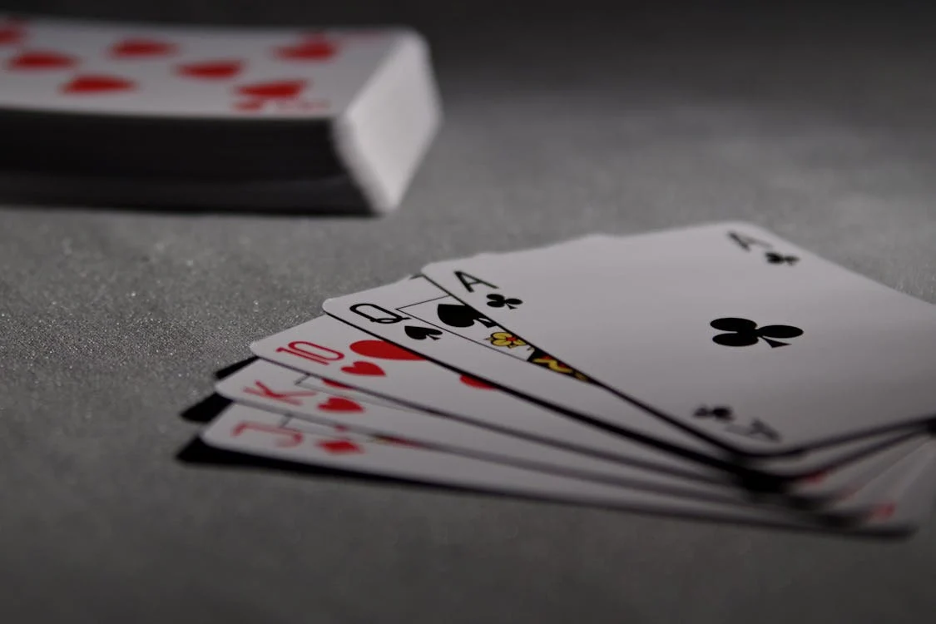What Professional Poker Players Know That You Do Not (Yet)
Poker's combination of skill and luck is what makes it feel rewarding. Even if luck plays a part in every hand, winning consistently calls for a profound knowledge of the game, which is a degree of proficiency that distinguishes a beginner from the seasoned pro.
Many would-be players think it's sufficient to commit hand rankings and fundamental betting techniques to memory. The real depth of poker, however, is found in the sophisticated comprehension and use of ideas that are often concealed from people outside the professional circle. According to Poker Discover, poker rewards players who can foresee behavior and can manage their table image, in contrast to games where luck is the only main determinant.
Are you curious about what the best poker players know that you don't? Skilled poker players use complex techniques and a strong mental game in addition to fundamental hand rankings. This article explores the sophisticated poker tactics and mentality tricks.
Range Analysis: Not Just Keeping Certain Cards
Newbies frequently react to the cards that are shown on the board by concentrating only on their own hand. Experts, on the other hand, use ranges to think. They are aware that the other players are probably not holding a single pair or flush, but rather a range of potential hands. Assessing an opponent's chances of holding a given hand based on their pre-flop behavior and estimated playing style is known as range analysis. This enables professionals to make better decisions even in the face of ambiguity.
Research and Ongoing Development
Online poker is a game that is always changing. Frequently, new tactics and competitors appear. Experts recognize the value of ongoing learning and growth. They commit time to mastering the game and evaluating their own play.
To find weaknesses in their game and improve their tactics, they employ technologies like online training materials and poker monitoring software. Additionally, they interact with the poker community by exchanging ideas and keeping ahead of the most recent developments.
Examining Opponents: More Than Just Physical Signs
Professionals are aware that physical signs are frequently unreliable, even though they can offer some information. To learn more about their opponents' hands, they concentrate on time cues and actions. A player who frequently places wagers rapidly, for instance, can be bluffing, but a player who takes their time acting might be holding a great hand.
Comparing Game Theory Optimal (GTO) with Exploitative Play
According to Pokercode, experts understand the distinction between GTO and exploitative play. Finding and exploiting an opponent's flaws is known as exploitative play. Regardless of their own ability with the cards, a pro will wager regularly if their opponent folds too frequently to continuing bets.
In contrast, GTO seeks to develop an unexploitable technique. It entails employing varied tactics and arriving at mathematically sound conclusions. Although GTO is an effective tool, experts are aware that it can occasionally be useful. They know when to stray from GTO to take advantage of particular opponents. Skilled play is distinguished by the ability to transition between these two strategies according to the circumstances.
Wrap Up
Experts hone their observational skills and discover small patterns in the actions of their rivals. They create more accurate readings and take advantage of their opponents' flaws by using this information.

